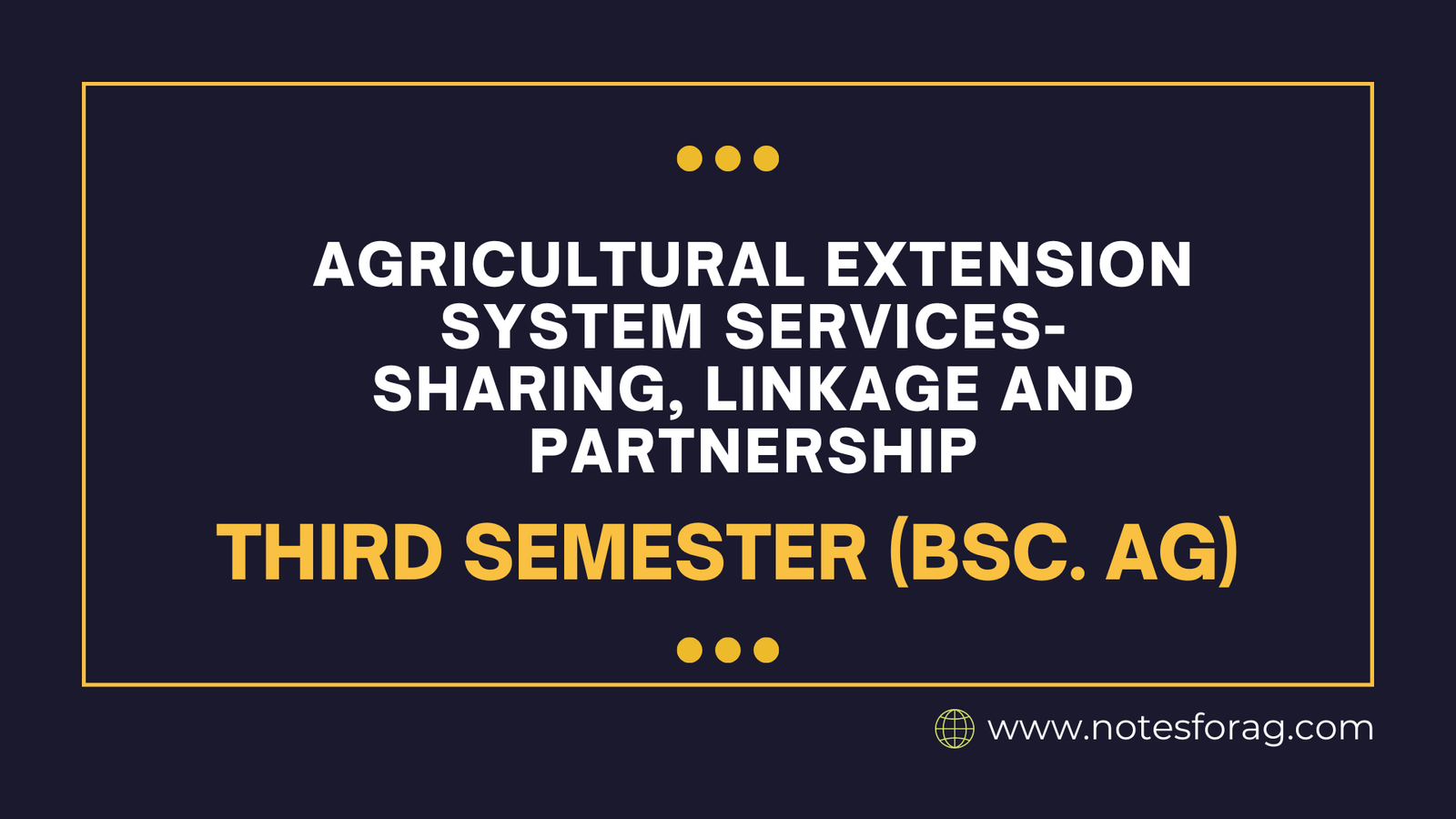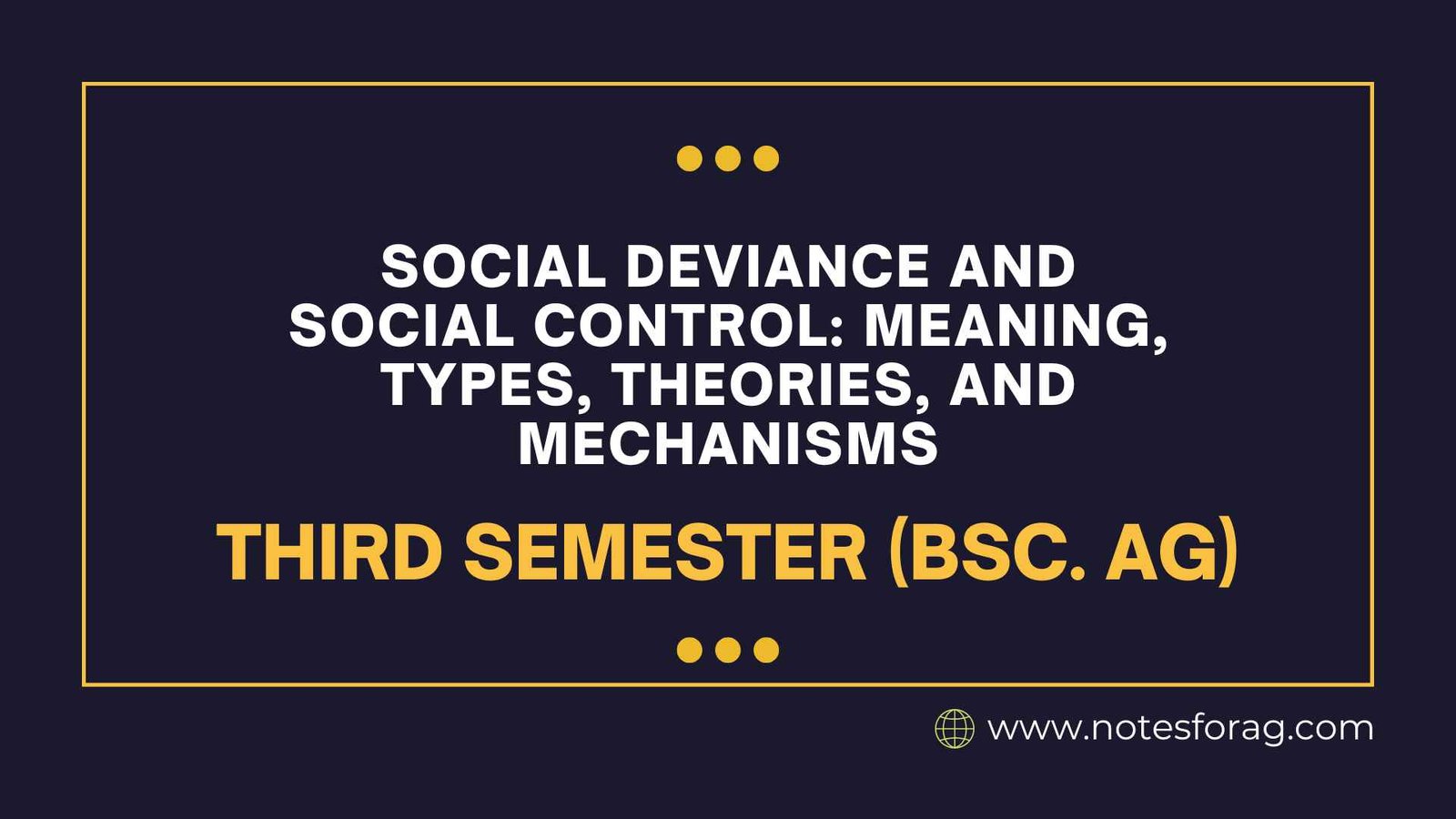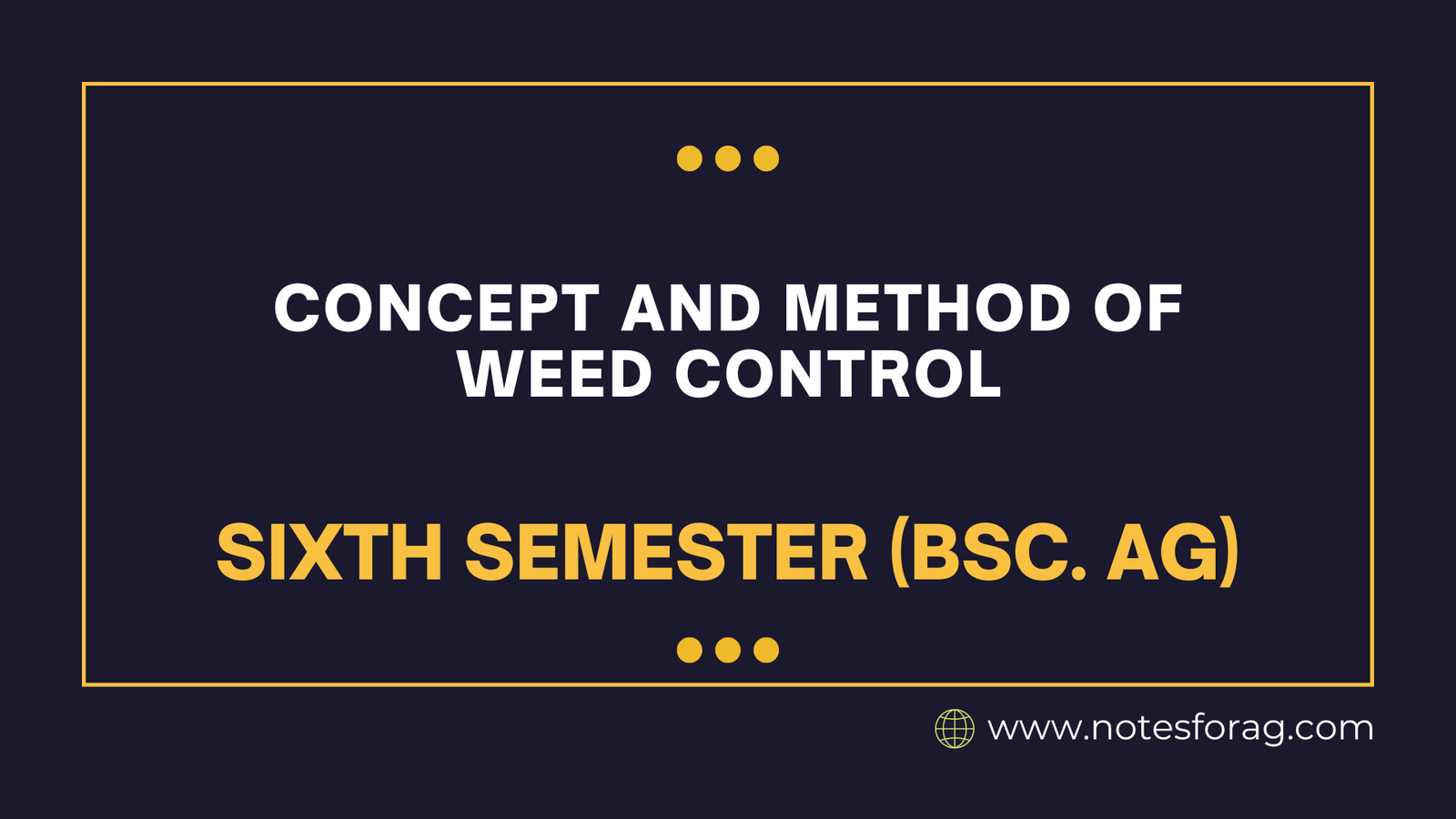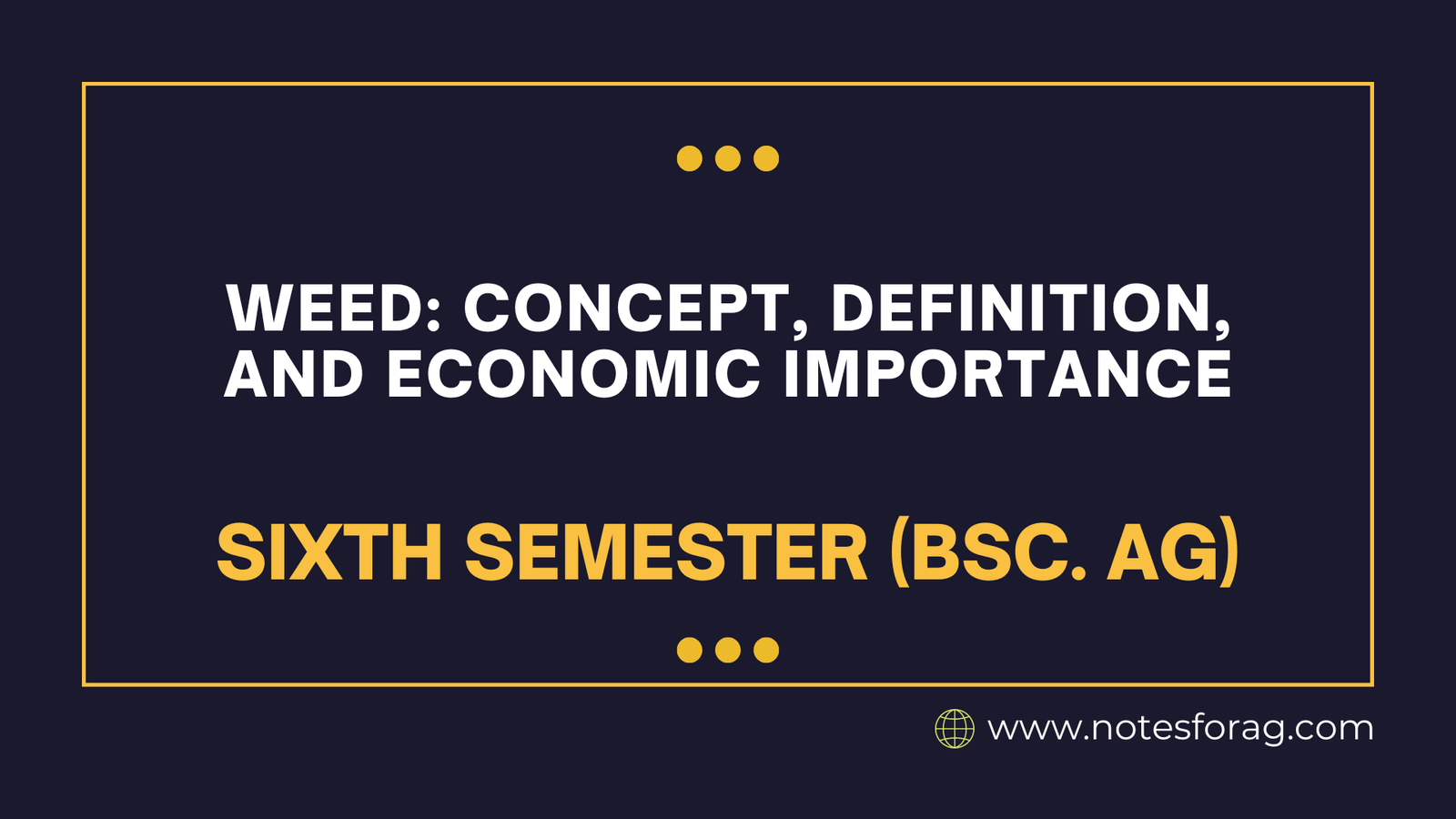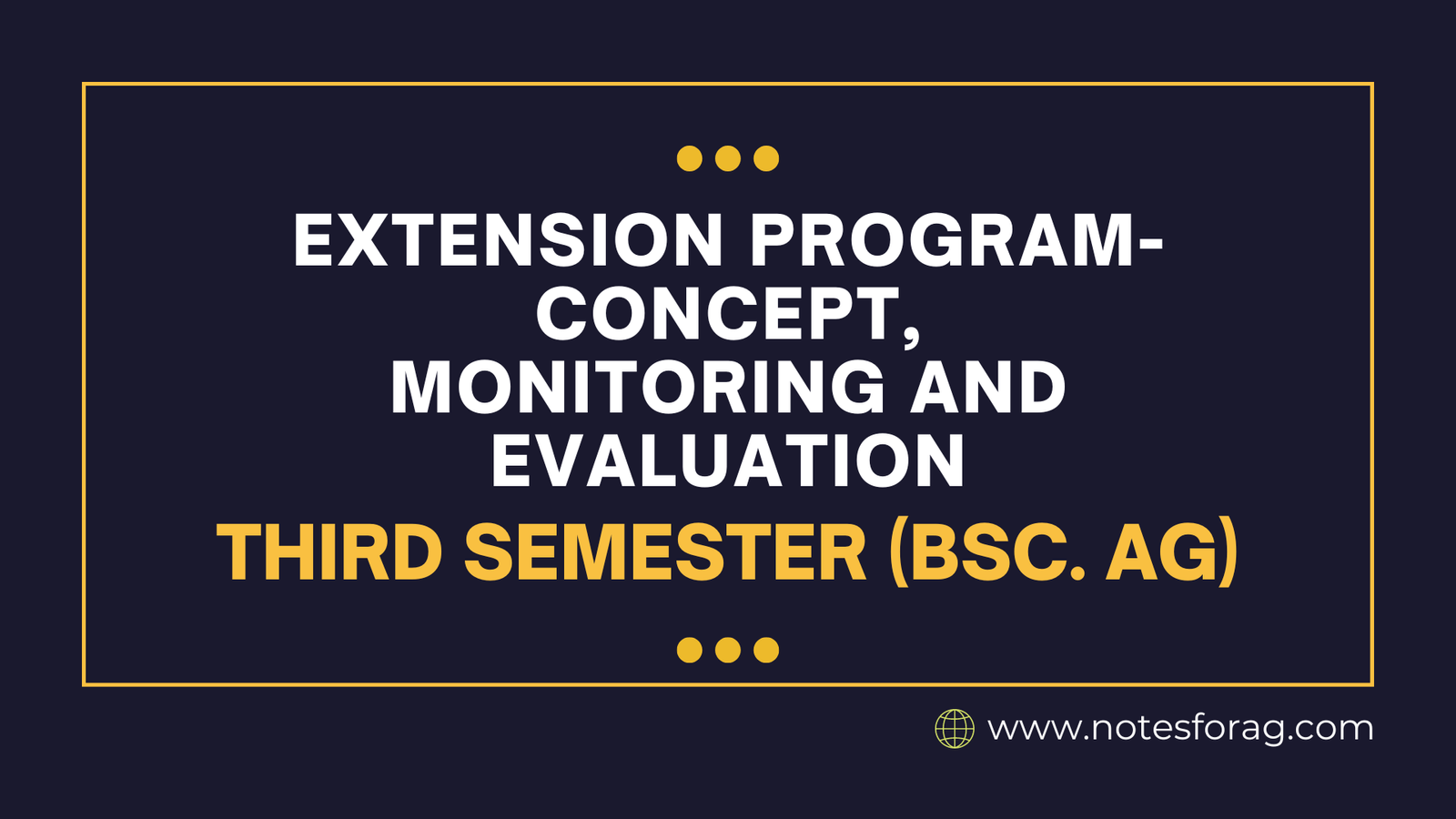Agricultural Extension System Services- Sharing, linkage and Partnership
Sharing, linking, and cooperation are important processes in agricultural extension system that improve the efficiency and efficacy of service delivery to farmers. These principles are critical for facilitating the transfer of knowledge, technology, and resources between sectors and stakeholders. Sharing aids in the distribution of information and technology, linkage promotes coordinated support among multiple groups, … Read more

